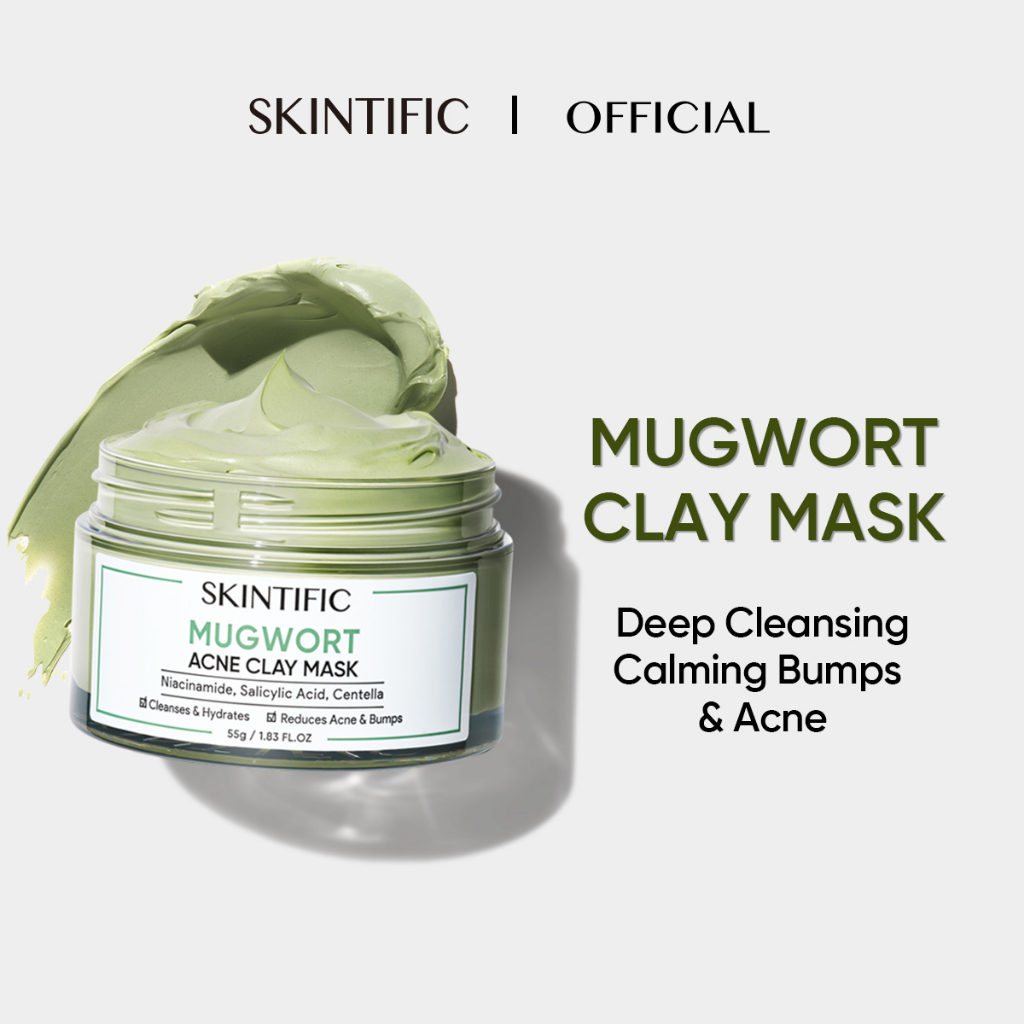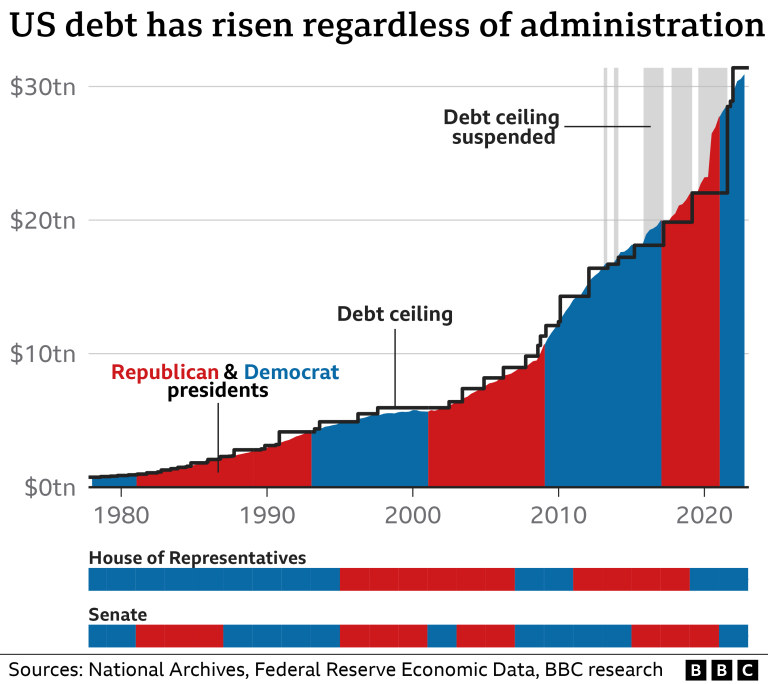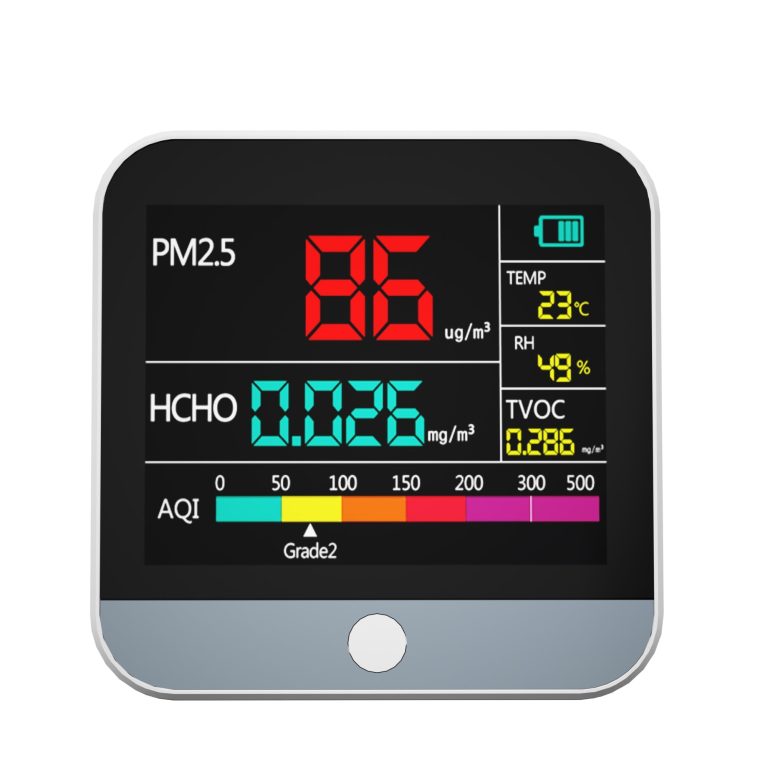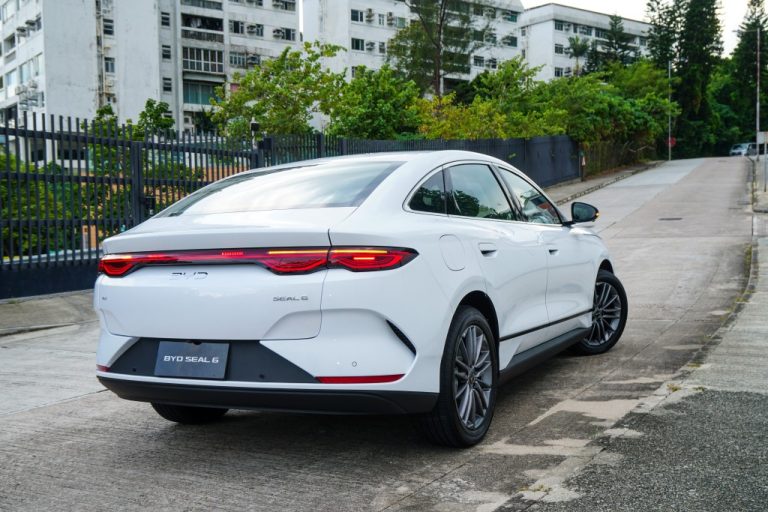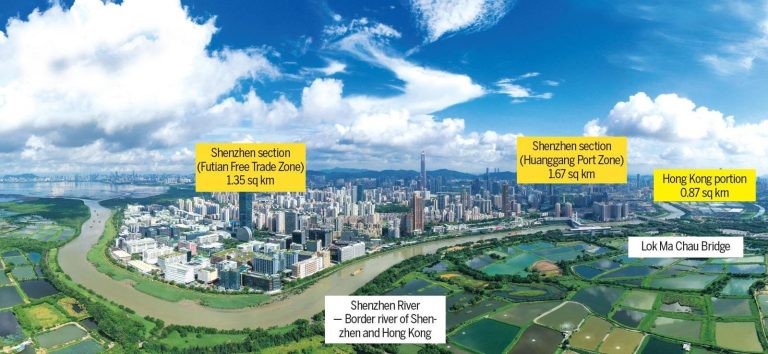90% of Clay Masks Contain Heavy Metals: What Consumers Need to Know
Recent testing by the Hong Kong Consumer Council has revealed alarming findings about clay masks that every beauty enthusiast and skincare consumer should understand. In a comprehensive investigation of 30 different clay mask products, researchers uncovered significant safety concerns that could potentially impact your skin health.
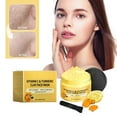
The study’s most shocking revelation is that 90 percent of tested clay masks contained at least one type of heavy metal. Arsenic was detected in 22 models, while lead appeared in 28 models—a statistic that should give any skincare lover pause. One particularly concerning example was an Aromatica clay mask that contained 3.1 mg/kg of arsenic and 14 mg/kg of lead, dramatically exceeding safety standards in both mainland China and the United States.
Not all news is grim, however. Two brands stood out as completely free of heavy metal contamination: Chanel and Sulwhasoo demonstrated that safe clay mask formulations are possible. These brands offer a beacon of hope for consumers seeking clean, uncontaminated skincare products.
Beyond heavy metals, the investigation also uncovered potential allergen risks. Approximately 40 percent of clay masks contained between one and five fragrance allergens. Linalool appeared in nine models, while limonene was present in six. For individuals with sensitive skin or eczema, these findings are particularly crucial. The more allergens present, the higher the risk of adverse skin reactions.
Labeling practices also came under scrutiny. Three clay mask models completely lacked ingredient lists in either Chinese or English, making informed purchasing decisions nearly impossible. Another model failed to indicate an expiry date or provide guidance on the period after opening—critical information for safe product use.

The Consumer Council’s recommendations are clear: consumers must become more vigilant. Carefully reviewing ingredient lists, understanding product instructions, and checking labeling should become standard practice when selecting skincare products. This isn’t about creating fear, but empowering consumers to make informed choices.
Pricing of the tested clay masks varied dramatically, ranging from HK$79 to HK$610 per jar or tube. Interestingly, a higher price tag didn’t necessarily correlate with safer ingredients or better quality. This underscores the importance of research over assumptions when selecting skincare products.

The investigation’s findings have been serious enough that the Consumer Council has referred their test results to the Customs and Excise Department for further investigation. This step indicates the potential gravity of the heavy metal contamination discovered.
For consumers, the message is clear: not all clay masks are created equal. While these products promise skincare benefits like deep cleansing and detoxification, the potential risks of heavy metal exposure cannot be ignored. Individuals with sensitive skin should be particularly cautious, paying extra attention to ingredient lists and potential allergens.

The beauty industry must take note. Transparency, rigorous testing, and prioritizing consumer safety should be non-negotiable. As consumers become more educated and demanding, brands will need to adapt, offering products that are not just effective, but fundamentally safe.
This investigation serves as a powerful reminder that what we apply to our skin matters deeply. In the pursuit of beauty and self-care, we must remain informed, critical, and proactive about the products we choose.

